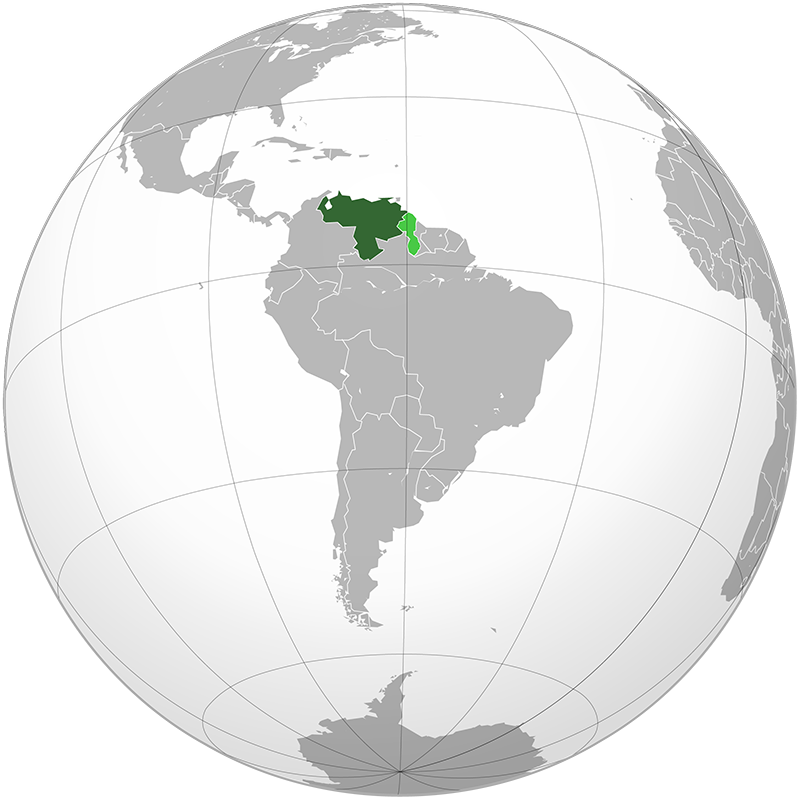
- Population:
- 28,406,000
- Religion:
- Christianity
Venezuela was inhabited by indigenous peoples before Spanish colonization in the 16th century. It gained independence in 1821 under Simón Bolívar and became a founding member of Gran Colombia before establishing itself as a separate nation. The discovery of oil in the 20th century transformed its economy, but political and economic crises in recent years have led to widespread challenges, including hyperinflation and mass migration.
Venezuela, officially the Bolivarian Republic of Venezuela, is a country on the northern coast of South America. It shares land borders with Colombia to the west, Brazil to the south, and Guyana to the east. It has a coastline along the Caribbean Sea and the Atlantic Ocean to the north. Covering an area of approximately 916,445 square kilometers, Venezuela has a population of about 30.5 million people as of 2023. The capital and largest city is Caracas. The official language is Spanish. Venezuela operates as a federal presidential republic. The economy is largely based on petroleum, which accounts for a significant portion of its exports and government revenues, along with agriculture and manufacturing. Venezuela is known for its diverse natural landscapes, including the Andes Mountains, Amazon rainforest, and Angel Falls, the world's highest uninterrupted waterfall. The country is a member of international organizations such as the United Nations, the Organization of the Petroleum Exporting Countries (OPEC), and the Union of South American Nations (UNASUR).






